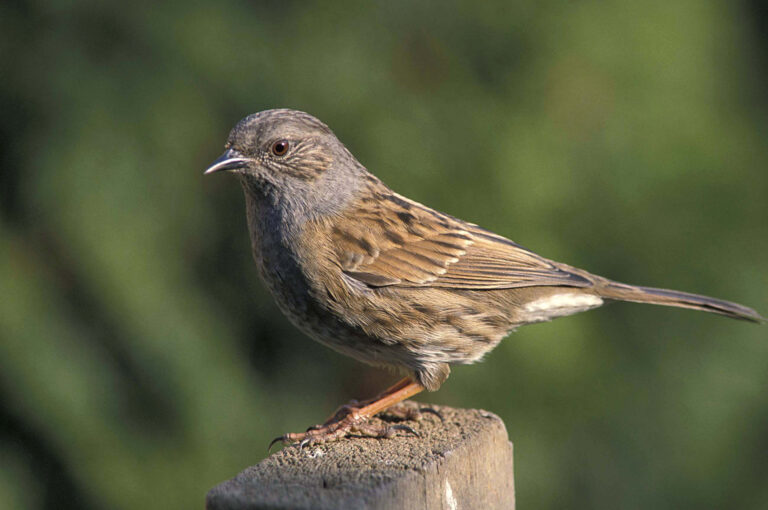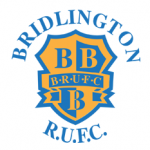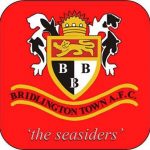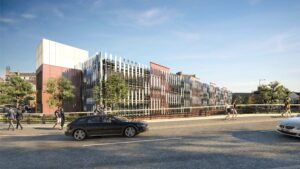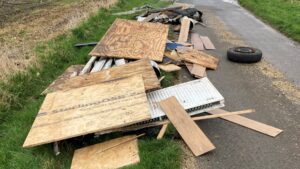A new environmental strategy is being drawn up to enhance and restore nature in East Yorkshire, with the help of local communities.
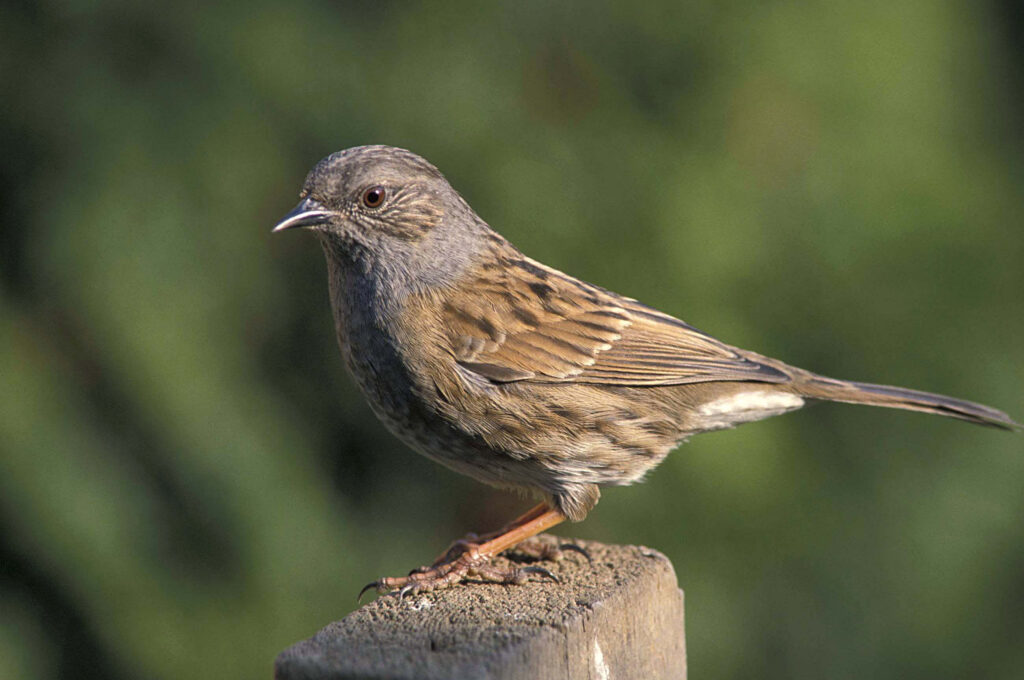
East Riding of Yorkshire Council is leading on the creation of the Hull & East Yorkshire Local Nature Recovery Strategy (HEY LNRS), working with partner organisations including Hull City Council.
The HEY LNRS will identify local priorities for nature recovery, proposing ways to enhance existing nature hotspots and to create new habitats.
It will also incorporate wider environmental goals, such as water and soil quality improvement, flood alleviation, and climate change mitigation.
Councillor Paul West, East Riding of Yorkshire Council’s cabinet member for environment, said: “We want to make sure this new strategy meets the needs of our communities, farmers, businesses and, of course, our wildlife.
“I urge everyone to take part in our survey and come along to our workshops.
“By getting involved in the LNRS, you’re actively contributing to a greener future for Hull and East Yorkshire.”
Local people can help shape the HEY LNRS by completing one of the online surveys. There is a general survey, and one designed for farmers, landowners and land managers.
The council will also be holding a series of workshops, with specific sessions for the land management and agriculture sector taking place in early December. For full details and to book a place, visit the HEY LNRS events page.
Local Nature Recovery Strategies were introduced as part of the Environment Act (2021) to provide a co-ordinated approach to nature recovery and help deliver the Government’s vision for a Nature Recovery Network across England.
LNRSs have several essential functions, including:
• Prioritising funding for nature recovery via Biodiversity Net Gain, a strategy to develop land while contributing to the recovery of nature.
• Helping to deliver the Environmental Land Management Scheme, a new scheme providing payments to farmers and landowners who deliver environmental benefits.
• Identifying nature-based solutions and directing funding for their delivery.
• Providing evidence for local planning authorities to help them prepare Local Plans and other strategies.
For more information on the HEY LRNS, visit eryc.link/LNRS



